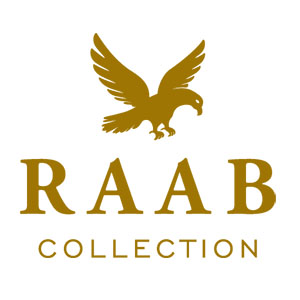signed
19/12/1808
by Napoleon Bonaparte
19/12/1808. A letter never before offered for sale, acquired from the direct US-based descendants of the recipient; it does not appear in the published works of Napoleon or online at the Fondation Napoleon Napoleon's letters mentioning the surrender at Bailen are great rarities, and we have not seen one having been sold publiclyThe Battle of Bailén was fought in 1808 between the Spanish Army of Andalusia, led by General Francisco Javier Castaños and the Imperial French Army's II corps d'observation de la Gironde under General Pierre Dupont de l'Étang. This battle was the first open-field defeat of a Napoleonic army. The heaviest fighting took place (truncated)



